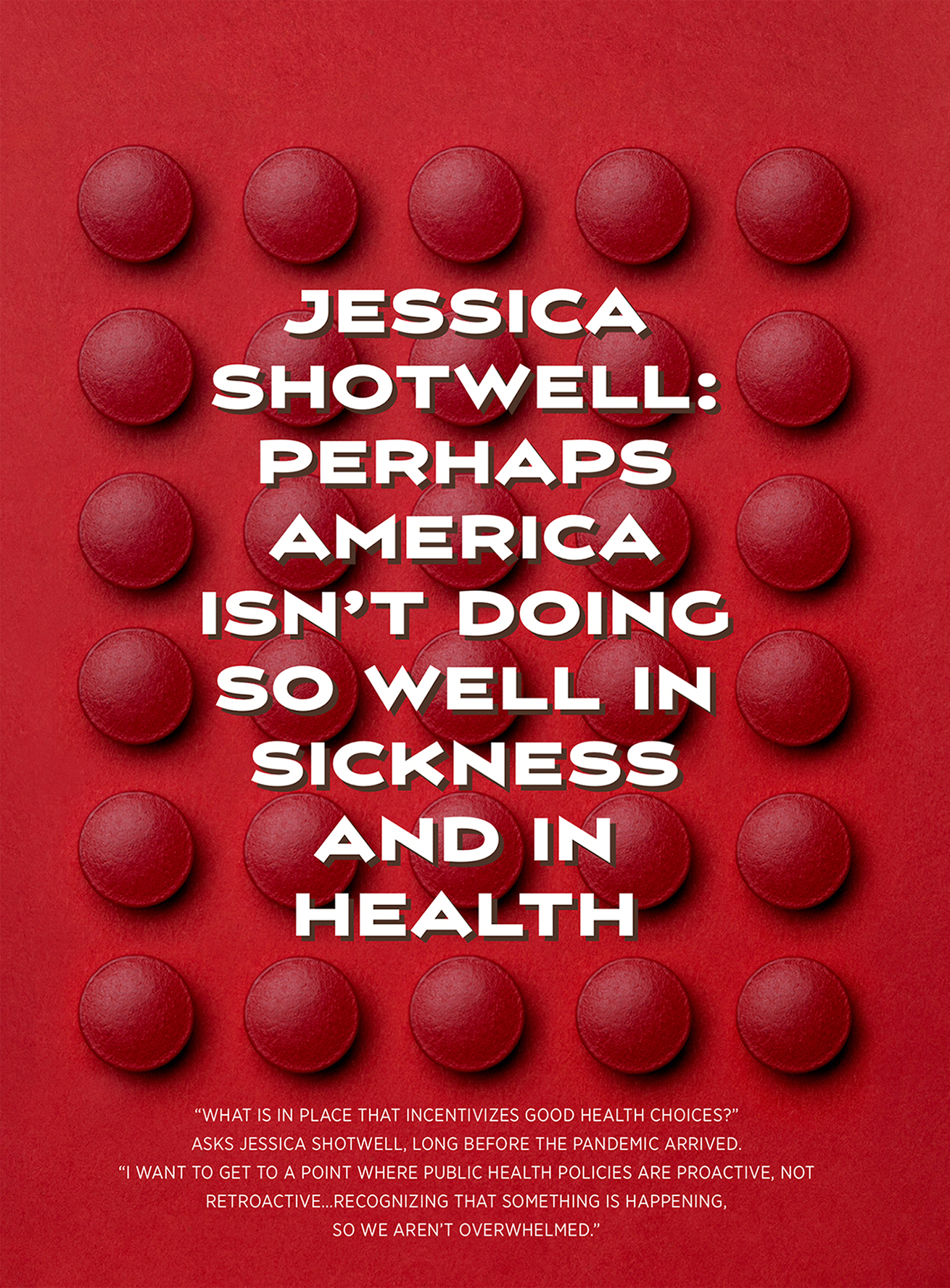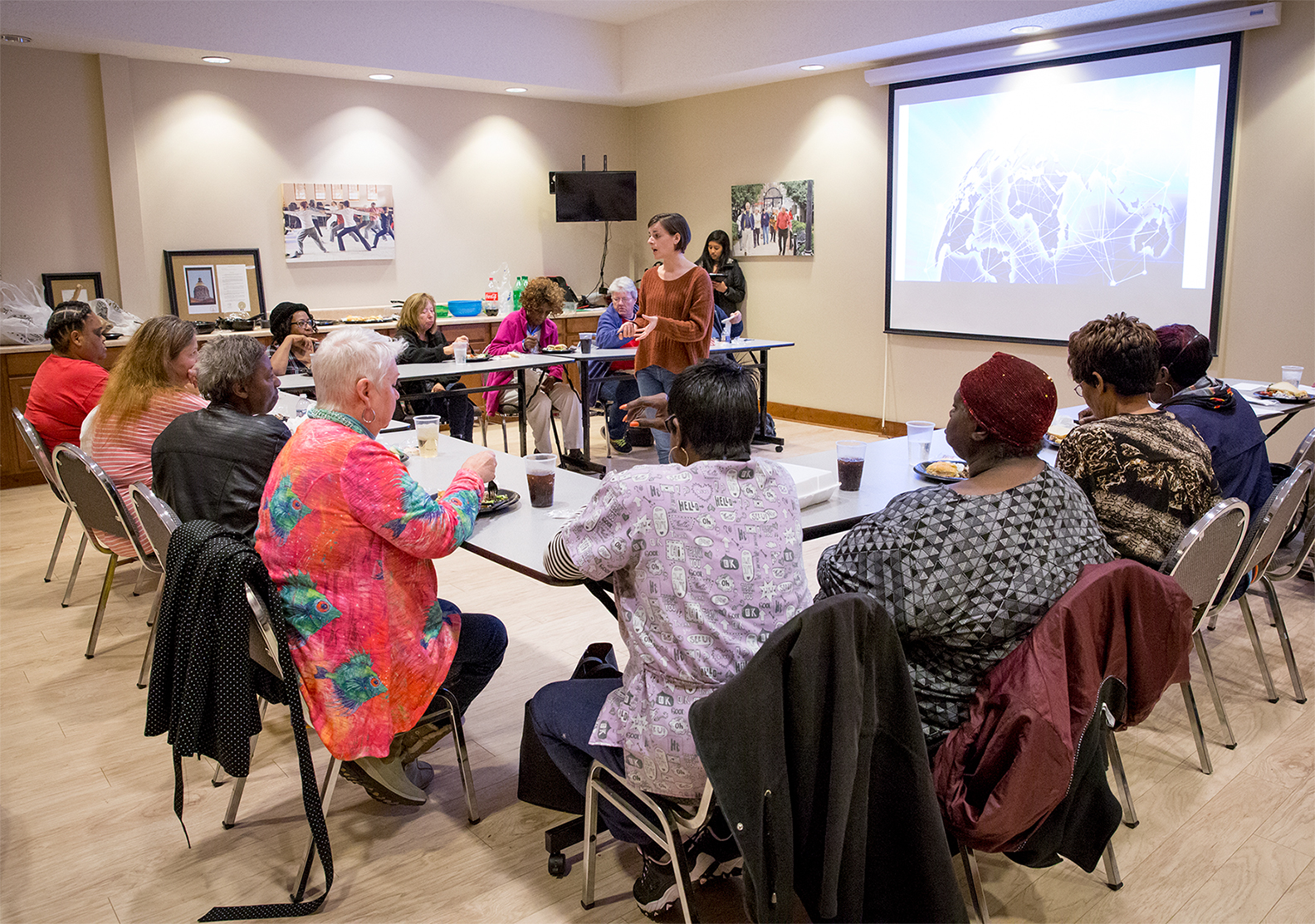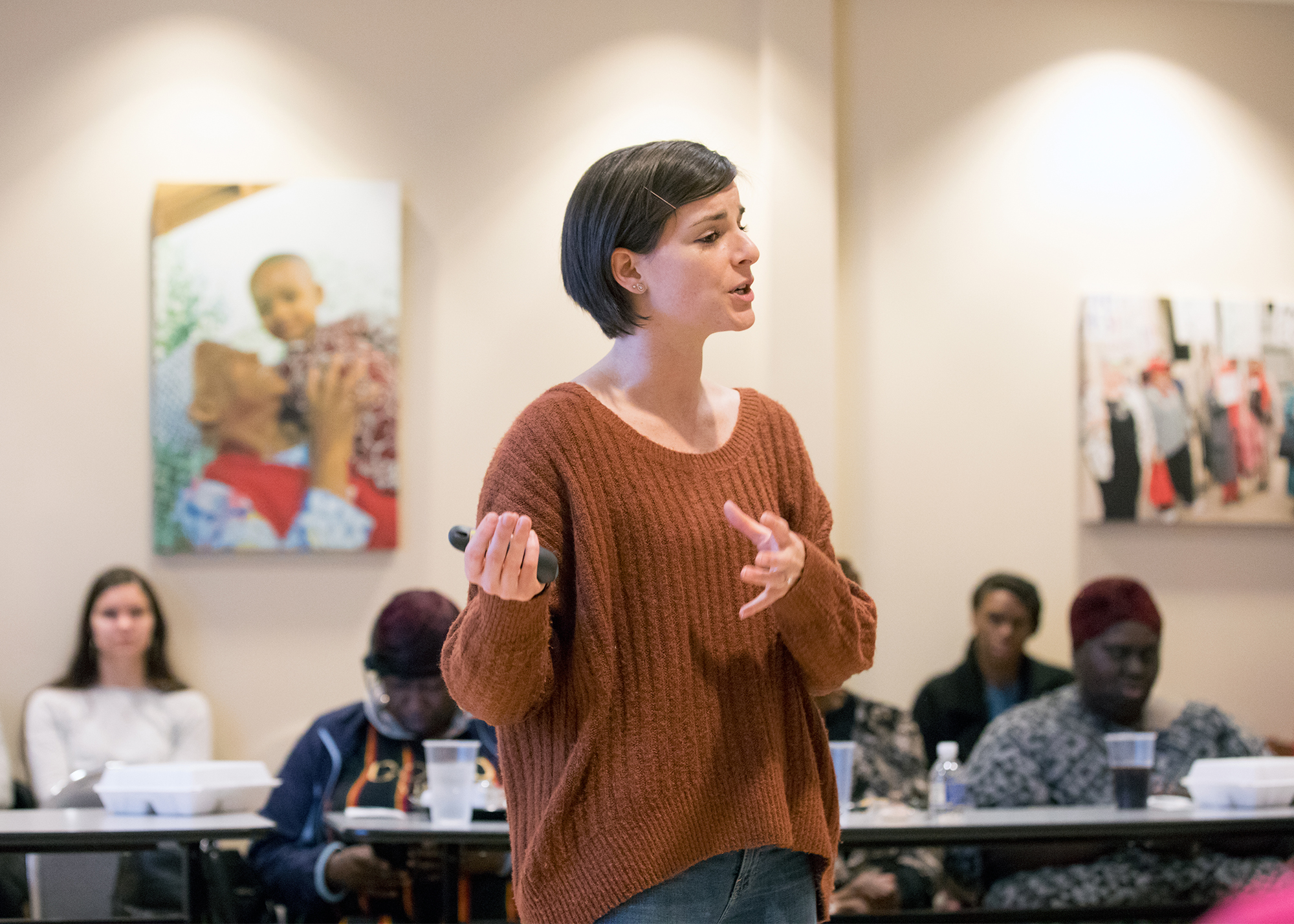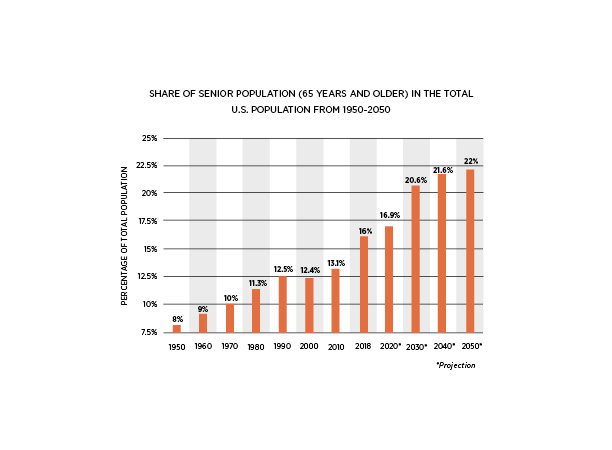Jessica Shotwell

By: Cynthia Adams | Photos By: Nancy Evelyn
“What is in place that incentivizes good health choices?” asks doctoral candidate Jessica Shotwell.
“I want to get to a point where public health policies are proactive, not retroactive…recognizing that something is happening, so we aren’t overwhelmed.” The American consumer isn’t faring too well when it comes to health policies. Not by a long shot. There’s little vision, many gaps, and enormous loopholes.
And worse—too few people are in place to serve the public good in most arenas of health care.
As a grade, let’s be generous and give health policies in general a hypothetical “C” grade.
Is that “C” too generous?
Take just one loophole as an example. You may not think twice before swallowing a pill purchased online or via an infomercial. But before you swallow, consider that it is legal to tout, sell, and promote a bogus, useless miracle health supplement. One that might land you in the ER if you’re unlucky. (According to The Atlantic in 2017, some supplements prove to be toxic. At the time, the supplement and vitamin industries were valued at $37 billion.)
The supplement and vitamin industries are largely self-regulating, skirting conventional safeguards. The GRAS, (generally recognized as safe) loophole allows for lack of FDA oversight.
This is one of many problems troubling Jessica Shotwell, a UGA doctoral candidate studying health care communications.
Let’s give health communications a below average grade: C-.
Where you live, what your gender, age and ethnicity are—components of inherent biases—may drop that grade even further: F.
Failing.
Shotwell suggests many factors (e.g., gender, age, education, and wealth) are at work creating a wide disparity in patient outcomes. Patients in almost every demographic grow more vulnerable, more confused than ever as our health care system is on overload.
Shotwell frowns in thought. There are myriad problems concerning health care—how we fix it, talk about it, and ultimately, design, better health policy.
Shotwell is a thinker, giving the first impression of efficiency and calm. Her earnestness punctuates every sentence.
She is deeply invested in her research, which was born of a direct family experience, therefore personal.
Her concern is that the public’s health interests should be better protected—and Shotwell’s doctoral research aim is to help make that happen.
Shotwell recently won a grant for a healthcare literacy program given in partnership with the Athens Community Council on Aging (ACCA.) The program began in January this year and runs through November.
The program is Shotwell’s first public outreach effort to a population of people who are rearing grandchildren and under special stresses.
“I am running a series of seminars and workshops through ACCA’s Grandparents Raising Grandchildren program, a program designed to offer support and resources to relatives, primarily grandparents, who are caregivers of children other than their own, under the age of 18, residing within one of the six counties served in Northeast Georgia.”
The community-based work will inform her dissertation, which centers upon healthcare literacy.
As Shotwell rounds the corner towards finishing her doctorate in health promotion and behavior, she discusses her journey to wellness and healthcare research, mentioning her own health choices and choosing vegetarianism. It wasn’t a complex decision—the vegetarianism, at least.
“Netflix did a program on meat,” she says, and there is a pregnant pause before she goes further. It made an impact. (Documentaries such as “Cowspiracy,” “Supersize Me,” “What the Health,” “Vegucated,” “Fat Sick” and “Nearly Dead,” have seized the public’s awareness.)
In Shotwell’s case, she chose to eliminate meat from her diet and watch her dairy intake.
But in general, Americans are growing less well. Being proactive is not the norm, despite a proliferation of workplace wellness programs.
She asks rhetorically, “What is in place that incentivizes good health choices?”
The question sits there.
After completing a master’s in psychology at UGA in 2017, Shotwell wrestled to narrow her doctoral focus, her studies finally centering upon judgment and decision making within healthcare situations.
Her doctoral subject, the aging population, is outpacing health care programs and capacities in the United States. The statistics are most worrying in rural areas, and in towns with a high retiree population. (For example, Athens, Ga., is frequently listed as the first among recommended retirement locations. See the 2017 Forbes article: https://www.forbes.com/pictures/58e7f6f0a7ea437ada260d5f/athens-georgia/#95e95ac41c19.)
“We need to think about how we will structure health care. Athens is one of the number one places to retire; but there are only a handful of gerontologists in Athens. Still, I think that number is a bit low considering that 10 percent of the Athens, Ga. population is over 65. We’re not really equipped for taking care of lots of older people.” (https://www.census.gov/quickfacts/fact/table/athensclarkecountybalancegeorgia/AGE775218#AGE775218)
Not here, nor elsewhere in America, adds Shotwell.
“Many of the retirees here in Athens (despite their high level of education) leave their doctors confused,” she notes.

“WHAT COMES TO MIND INITIALLY is encouraging people to think about the aging population,” says Shotwell. “Really considering how well-suited the American healthcare system is to appropriately serve an aging population when it’s projected that older people will outnumber children for the first time in U.S. history. “I really think it’s important for people to consider how healthcare, infrastructure, health inequities, etc. will be affected when older adults eventually outnumber younger ones—as projected by the census. I tried to find some lay pieces that emphasize why it’s crucial for people to care about this projection.” (Photo taken February 2020)
Becoming Literate in Health Care
Shotwell has won accolades as a top scholar, and has been admitted to the Phi Kappa Phi honor Society. Phi Kappa Phi which recognizes and promotes academic excellence in all fields of higher education and engages the community of scholars in service to others. She’s also won several UGA travel awards to present her research both in the U.S and abroad.
She won the Orlin-Kenyon Fletcher Jr. Scholarship in August of 2019, one earmarked for those who are pursuing public health research degrees.
Shotwell appreciated the financial boost; she would like to pay it forward. When she won the latest award, she noted “if money were no concern” she would personally want to fund a scholarship for other PhD students.
“Probably a scholarship related to pursuing research within the field of health care equity, equality and quality improvement.”
Meanwhile, Shotwell is now on the front lines as she implements the healthcare literacy program, one which will give direct opportunity to see if her ideas work. Interestingly enough, her husband, Kieran McMaster, is a graphic designer working in a synchronous and complementary area.
“He is doing work within the public health space concerning user friendliness. He’s also been helping me make the graphic elements of the Healthcare Literacy program!”
She works with the Institute of Gerontology at present, with populations “needing more health care information made more digestible.” Visuals become a valuable component of that.
Shotwell has also worked with patient populations ranging from 18-88 years old.
Initially, she was interested in the differences between care offered to men versus women.
Yet she realized there were more issues and biases that were barriers to equal care.
She noticed how the disparities “hurt people of color, trans people, older people…I started thinking about general health care communication. And so many issues, which can range from frustration, to loss of life, to underserved groups.”
America was changing.
“And, in a couple of years, most of our population will be over 60.” Shotwell believes the time to act is now. “We definitely need to ensure we have the infrastructure to appropriately care for an aging population.”
The population at large also needs clearer health communication—no less vital to eliminating mix-ups and miscalculations.
Before she moved into public health for her doctoral research, Shotwell was conducting research in a lab setting. There, she decided health promotion was where she felt she might have the greatest impact.
As health care workers grow more burdened, Shotwell says a shift has occurred placing the onus on patients, “to know how to ask questions, know how to self-advocate.”
Self-advocacy is the ideal; it is seldom ever the norm.
Ideally, too, the health care professionals will respond to a patient in crucial moments.
“What needs to happen is a greater sense of awareness as to what patients are going through, tailoring care to the unique needs of patients…seeing them as individuals.”
She has been working with various groups over the past two years gathering data, and says no matter how well designed the study, she recognizes it is merely a beginning point.
The professionals are in the trenches, often overwhelmed.
Shotwell points out that medical schools lack standardization concerning two essential areas: medical communications and engagement with patients.
“Physicians are dealing with difficult work. A lot is expected, and there are few support systems to help physicians deal with a heavy workload, burnout, and frustration, which can lead to declines in empathy.”
Seniors Increase as a Percentage of the Population 1950-2050
In 2017, about 16% of the American population was 65 years old or over, a figure that is expected to reach 22% by 2050. This is a significant increase from 1950, when only 8% of the population was 65 or over.
https://www.statista.com/statistics/457822/share-of-old-age-population-in-the-total-us-population/
UGA “Really Supports Me”
Last year, Shotwell praised her mentor and her UGA experience.
“I have an amazing major professor and mentor in Dr. Lisa Renzi-Hammond. Lisa has been the most supportive, encouraging and enthusiastic professor I’ve ever had, both inside and outside the classroom.
“Many of my achievements are because Lisa pushed me to apply, to engage, to think, and to step outside of my comfort zone. She has truly transformed my time here at UGA.”
Shotwell, who was chosen as a 2019 participant in the Graduate School’s Emerging Leaders program, says it improved her own communications skills. She found the program’s training particularly useful in better understanding how to present her ideas.
“Emerging Leaders was supportive; it gave me insight into how to talk about myself in a way I hadn’t before. I’m very introverted; I don’t like being the center of attention.” She recognizes that self-advocacy is always challenging, even for the most educated.
She has also had the benefit of experiential exposures through an xPD internship, offered through the UGA Graduate School and the Office of Industry Collaborations Development. “I was one of the first cohorts to get that; the internship was eye-opening.”
Shotwell praises UGA as a place “that really supports me,” and helped her “with collecting data, branching out into the community.” There have been resources offered and opportunities given.
Meanwhile, she continues her own self-development as a volunteer at the Athens Community Council on Aging.
“I am volunteering with the Georgia Cares program at ACCA to help people with Medicare understand their benefits and make informed decisions about their health care.”
Down the road, Shotwell has her eye on the American Association for Advancement of Science’s year-long program, one which offers PhD students from a science field the opportunity to work with policy makers.
“Whether that’s facilitating communication efforts on a large or small scale, engaging with corporations to translate research products to the marketplace, or participating in policy discussions, you can be sure I’ll be an advocate for people’s well-being.”
Shotwell wants to lift the bar, helping policy pass the grade in America. At the very least, she would love to help it earn a solid “B.”
Jessica Shotwell suggests the following: https://www.forbes.com/sites/dangingiss/2019/07/11/why-an-aging-population-means-healthcare-customer-experience-must-adapt/#2525acb53351

The Power Dynamics in health care concern Jessica Shotwell, “People have a schema,” she explains. A health care model exists, and patients are slotted into it. It’s easily forgotten, she warns, a human being is there. A vulnerable, sometimes frail, often confused human.
Grandparents Raising Children
According to the Centers for Disease Control, about three percent of children nationwide live apart from their parents, and of those, nearly two-thirds are being raised by grandparents. Some 2.6 million grandparents are raising their grandchildren, either because of a temporary change in circumstance for the parents, such as military deployment or joblessness, mental illness, divorce, incarceration, death, or substance abuse.
Raising grandchildren can take a toll on grandparents: higher-than-normal rates of depression, sleeplessness, emotional problems, and chronic health problems like hypertension and diabetes; feelings of exhaustion, loneliness, and isolation; a sense of having too little privacy, and too little time to spend with their spouses, friends, and other family members.
**The workshops and seminars for Grandparents Raising Grandchildren have gone virtual. Programming has continued to be offered throughout the pandemic.**
https://www.theatlantic.com/family/archive/2018/06/this-is-the-age-of-grandparents/561527/

Shotwell partners with the Athens Community Council on Aging.









